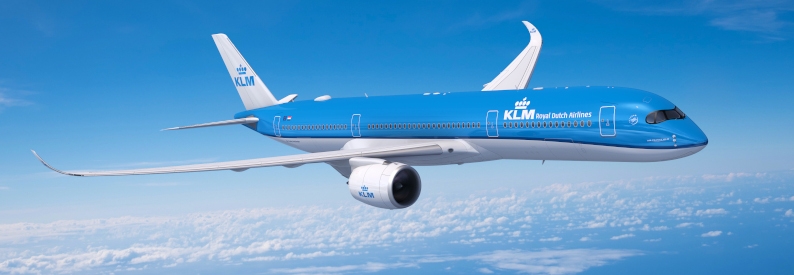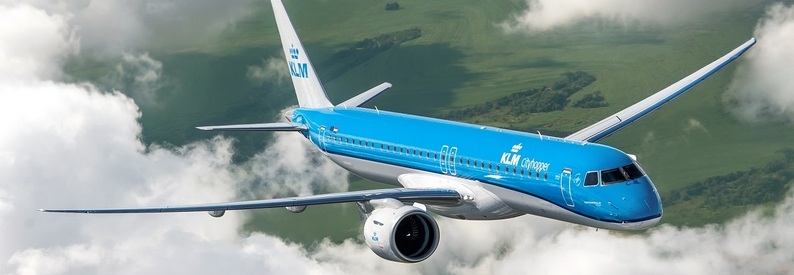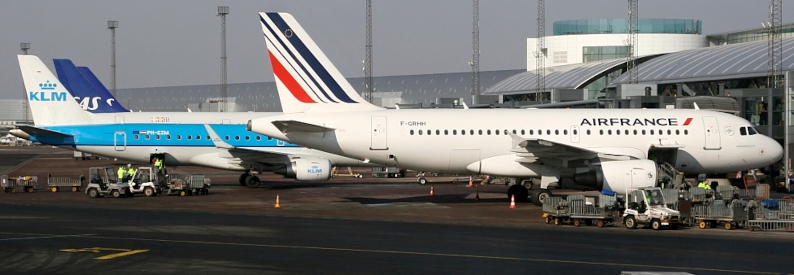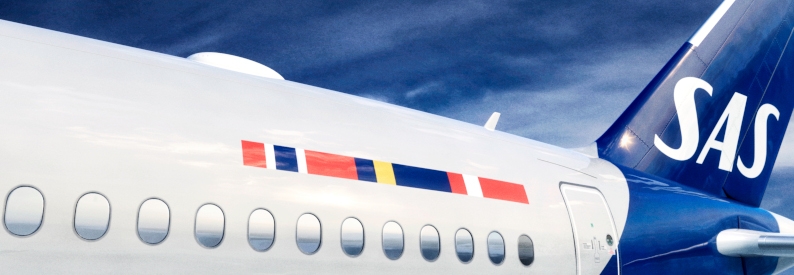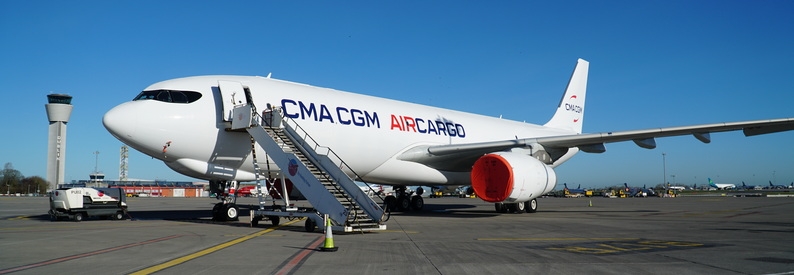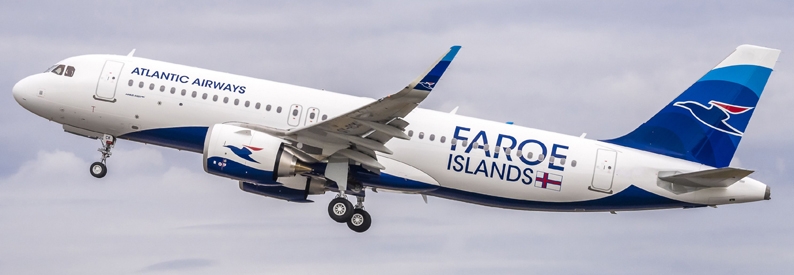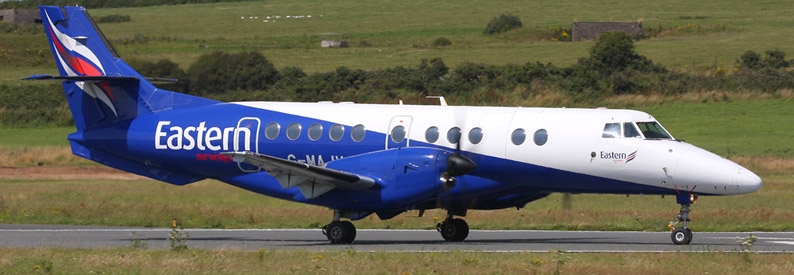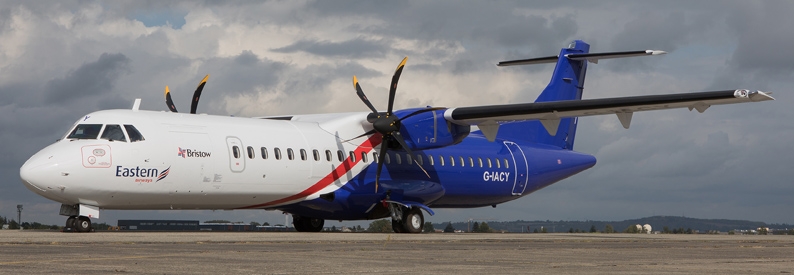KLM Royal Dutch Airlines (KL, Amsterdam Schiphol) will invest up to EUR7 billion euros (USD7.6 billion) in new aircraft in coming years and adopt smarter flight procedures and schedules as part of a three-pronged plan it says will see it achieve a 15% night-time noise reduction target at Amsterdam Schiphol by 2024, to be followed by a 20% noise reduction by 2026.
The plan has been submitted to the Dutch Ministry of Infrastructure & Water Management in response to the government's proposal to reduce noise impact by 20% throughout the day and by 15% at night as quickly as possible. "In its current form, the minister's plan does not revolve around renewal and improvement. No distinction is drawn between newer and older aircraft, which are less clean and silent. The plan also fails to consider that drastic cutbacks in flights will have an impact on national assets," KLM said in a statement.
Seeking a more balanced approach, KLM, together with other parties in the sector (easyJet, TUI fly (Netherlands), Corendon Dutch Airlines, and the Board of Airline Representatives in the Netherlands - BARIN), have come up with a package of measures that meets the stated noise targets but in a "more balanced, reasonable and less costly" manner.
The plan involves:
- Between EUR6 billion and EUR7 billion in new, cleaner and more efficient aircraft, which are on average 50% more silent than the aircraft they replace;
- Smarter flight processes, such as alternative flight approach procedures, ensuring that aircraft spend less time at low altitudes. This implies different climbing and approach procedures, which makes implementation challenging for airlines and Air Traffic Control Netherlands (LVNL). However, if all operators join KLM in pursuing such change, we will be able to achieve our noise targets in cooperation with Schiphol, LVNl and the government."
- Adjusting flight schedules to deploy the quietest aircraft at night. KLM proposes that higher airport fees are charged for noisier aircraft than for silent ones, incentivising all airlines to reduce their noise footprint.
"We will achieve our night-time targets from 2024, and in three years' time, we will achieve our target for the entire day. In the years thereafter, our plan will lead to a stronger decline in noise than the plan proposed by the minister. In three years' time, the result will already be better for local residents. It's a choice between scrapping flights as a short-term solution or aiming for smart improvement.
"If everyone is prepared to contribute to this challenge, then our plan will ensure that 18% fewer people experience serious night-time noise impact by 2024. By 2026, our smart plan will ensure that 20% fewer people will experience noise nuisance throughout the day. This reduction will continue in subsequent years," the Dutch carrier said.
- Type
- Base
- Aircraft
- Destinations
- Routes
- Daily Flights

